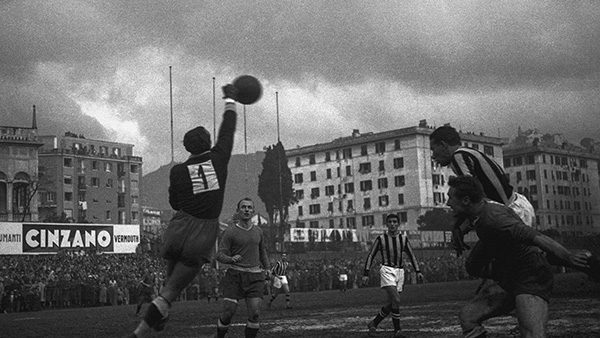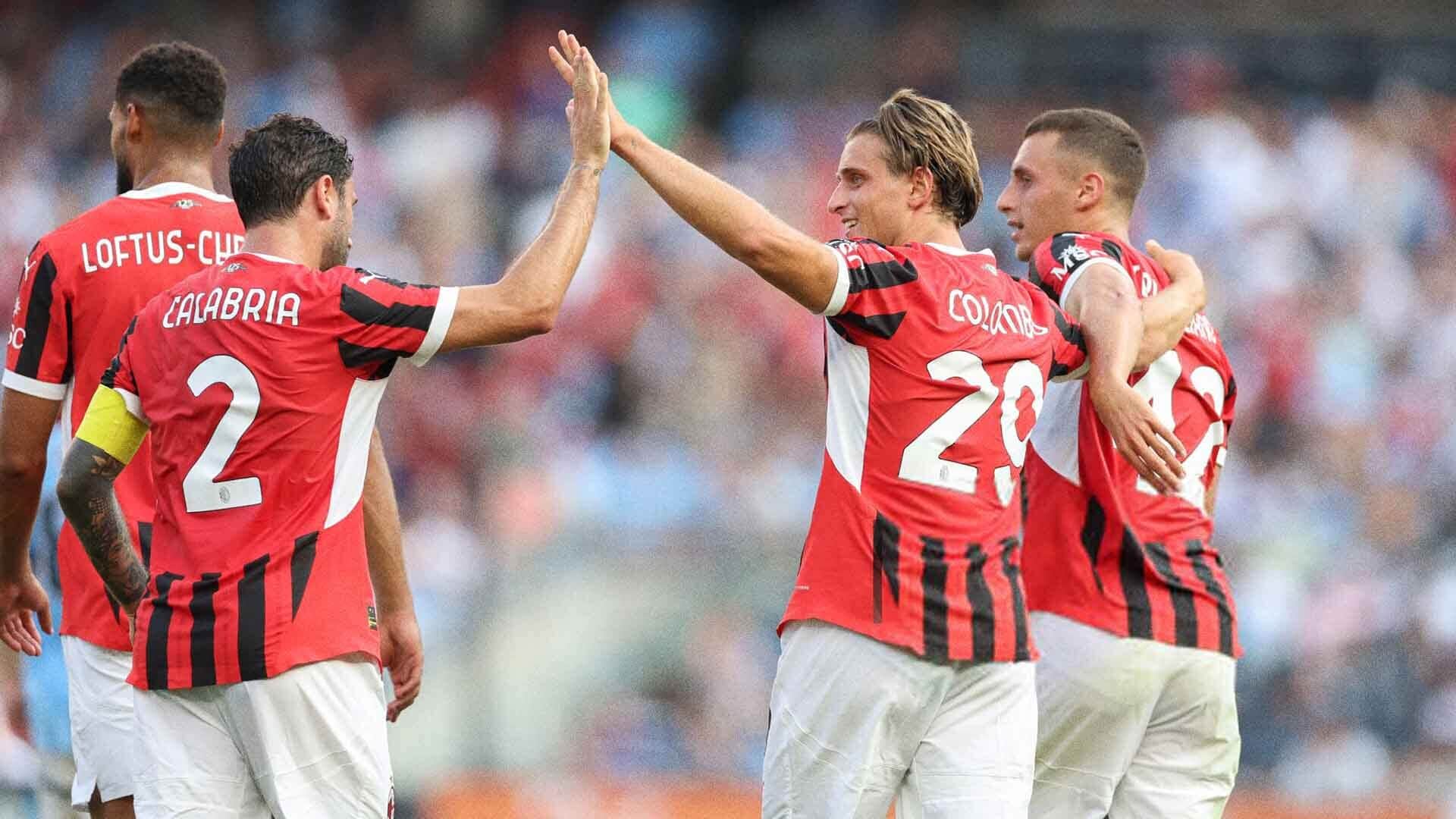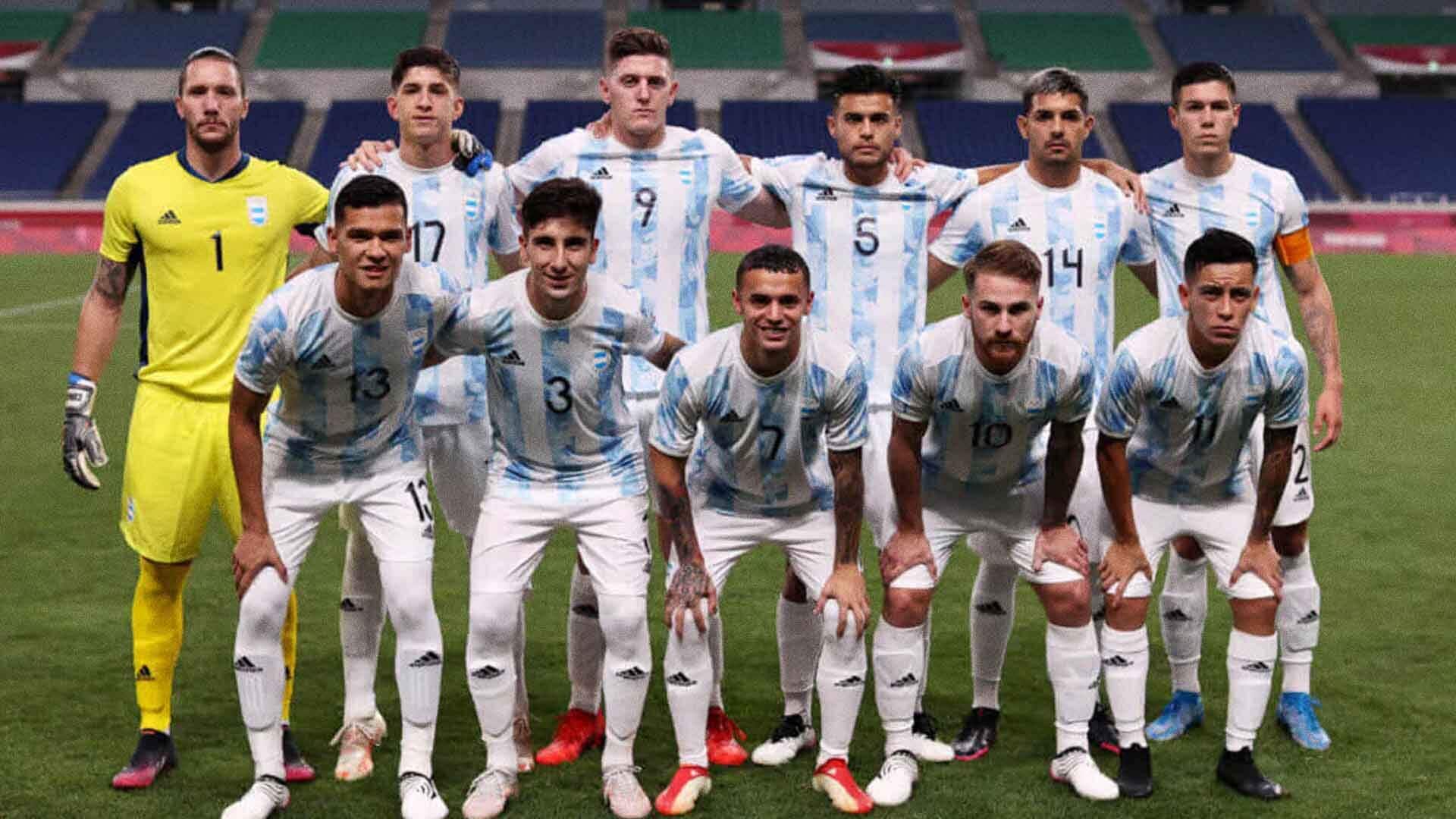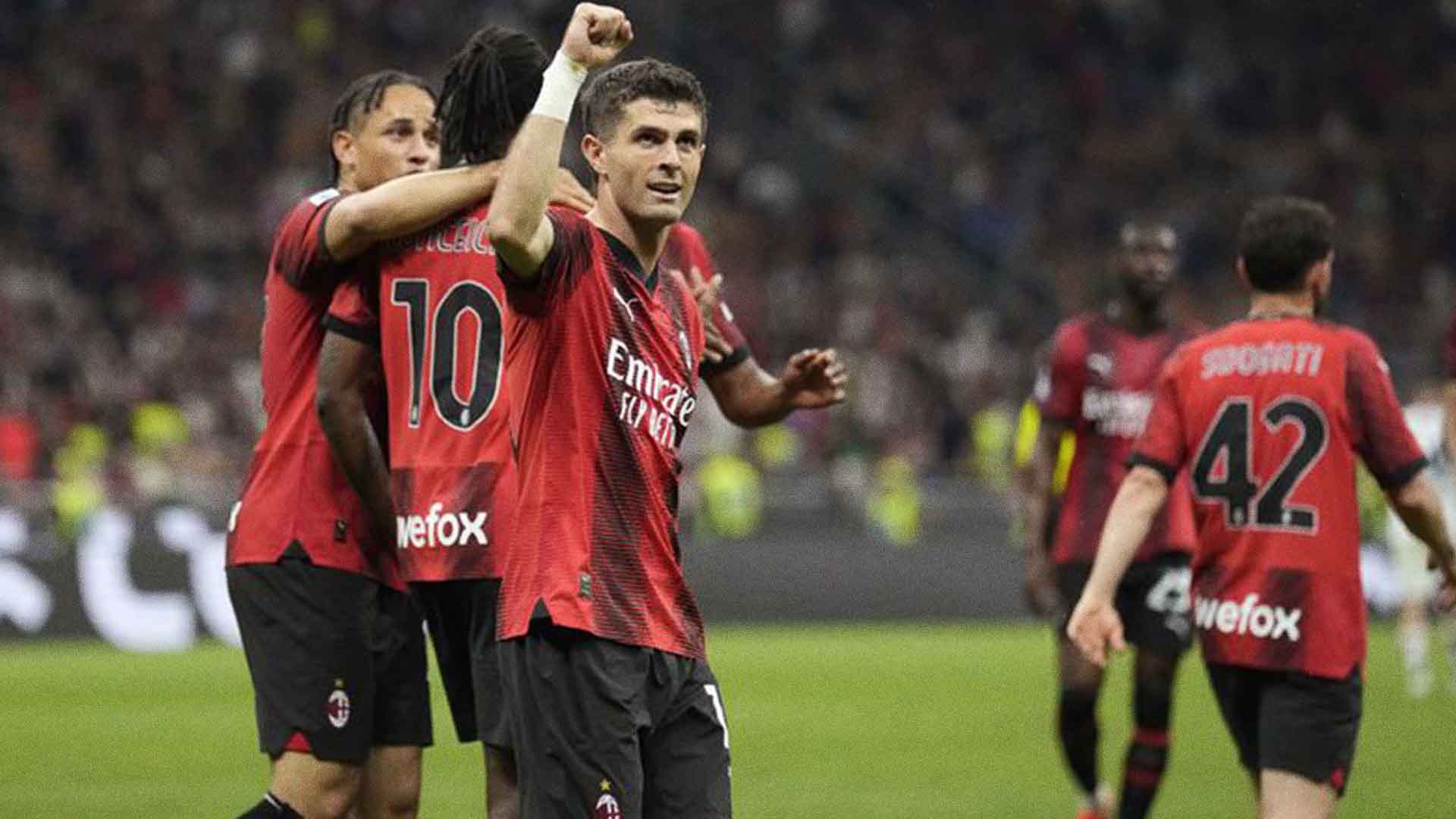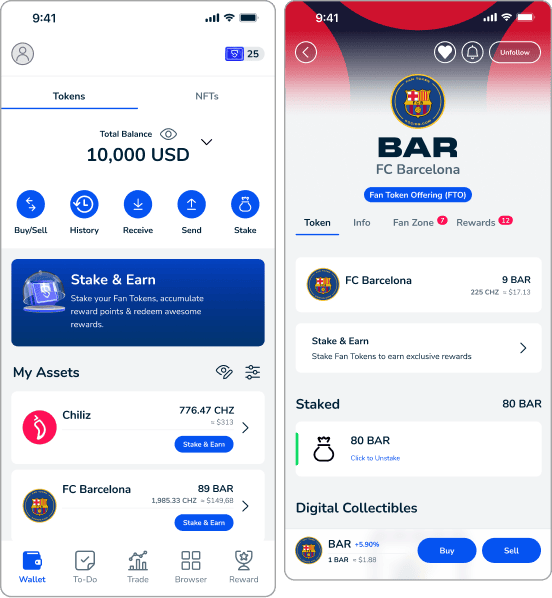Juventus are one of the great Serie A sides, who have led the way for Italian football over the past decades. At times, The Old Lady has been mired in scandal and fights for existence, but in recent years they have returned to the top of the table and carried the flag for Italy in Europe, while producing and developing some of the greatest talents in the world.
Inception and Early Years – The Birth of a Football Giant
Juventus was founded as Sport-Club Juventus in 1987 by pupils of the Massimo d’Azeglio Lyceum in Turin, and two years later it was renamed Foot-Ball Club Juventus. The side joined the 1900 Italian Football Championship, playing their first game in the tournament on March 11, 1900, losing 1-0 to local rivals Torinese.
Four years later, businessman Marco Ajmone-Marsan helped the club’s economic situation and moved the training ground to Velodrome Umberto 1, which was also their stadium. In 1905 they had switched from their pink kit to their now famous black-and-white stripe outfit, lifted from England’s Notts County.
In 1906, the club split and some formed FBC Torino as a result, in protest at a proposed move away from Turin, and the club battled to survive the schism, and the impact of World War One.
Rise to Prominence – Juventus as a Dominant Force
In 1923, FIAT’s vice-president, Edoardo Agnelli, was elected club president, kickstarting an enduring relationship with the family’s business empire which continues to endure. The club enjoyed a resurgence and they won the 1925/26 Prima Divisione title, and in the 1930s they became the country’s first professional club. As they dominated with five consecutive league titles, they were adopted by many across Italy as their favourite side.
After the move to the Stadio Comunale, the 1930s and 1940s was a lean period for the club, and Gianni Agnelli was appointed president after World War Two, with two more league championships, first in 1949/50, then 1951/52.
The arrival of Welsh striker John Charles, and fellow forward, Italian-Argentine Omar Sivori, spearheaded an era that delivered the 1959/60 league and cup double. Later they would land the 1966/67 Serie A title, along with the 1971/72 and 1972/73 campaigns, assisted by players such as Roberto Bettega, Franco Causio and Jose Altafini. Three more league titles would follow, and Giovanni Trappatoni oversaw a 1976/77 UEFA Cup trophy, which helped build the momentum for their wider success in the 1980s.
The Golden Era – European Glory and Iconic Players
Trapattoni continued to guide the club in the 1980s, and by 1984, they already had three more Serie A titles. When they reached 20, they were able to add a second gold star above their kit crest, the only time this feat has been achieved, With Paolo Rossi, a European Footballer of the Year, in their side, they were deadly, and the presence of three-time European Footballer in the row Michel Platini for 1983-85 alongside him, few teams could cope.
Platini grabbed the winning goal against Liverpool in the 1985 European Cup final, making them the first side to win all three major continental tournaments. The 1985/86 Serie A title ended their run of success in major tournaments, though in 1990 they picked up the UEFA Cup.
In 1990, the club moved to their famous stadium the Stadio delle Alpi, with Roberto Baggio arriving. The lean domestic spell continued, though they won the 1993 UEFA Cup.
Marcello Lippi’s arrival in 1994 helped them to the 1994/95 Serie A, and as players like Alessandro Del Piero, Gianluca Vialli, Ciro Ferrari and Biaggio performed well, they won the 1995/96 Champions League against Ajax.
More talent was brought in to build on the success, as club legend ZInedine Zidane came, joined by Fillipo Inzaghi and Edgar Davids. They won the 1996/97 league title, and the one after that, as well as the UEFA Super Cup in 1996.
When Lippi returned to replace Carlo Ancelotti, Gianluigi Buffon, David Trezeguet, Pavel Nedved and Lillian Thuram arrived to build yet another great team, with the 2001/2 and 2002/3 Serie A titles coming too.
Challenges and Resilience – Juventus’ Fortitude
As well as periods of triumph, there have been scandals and disasters for the club.
In 1985, Juventus met Liverpool in the European Cup final in Belgium. Platini scored the winning goal, but the match is now mainly remembered for the disaster in the stadium that unfolded at the same time. 39 people, mainly Italians and Juventus fans, were killed in a confrontation with UEFA and a Belgian judge both separately finding that the disaster was entirely Liverpool’s fault, and the relations between the clubs remains difficult to this day.
In 2004 the club appointed Fabio Capello as manager, and he delivered two more league titles, but in 2006 the Calciopoli corruption scandal emerged, and as punishment, the club were sent to Serie B.
The club was stripped of its two league titles won under Capello, and when they were relegated it led to the departure of Thuram, Zlatan Ibrahimovic, Emerson, Patrick Vieira, Fabio Cannavaro and Gianluca Zambrotta. They returned to Serie A with promotion earned in 2006/7.
Cultural Impact – Juventus Beyond the Pitch
Juventus has contributed so much to the modern European football experience. As part of the great period of Italian dominance, they perfected the tight defence alongside AC Milan and other teams, and they also showed how important tactical understanding was when it came to playing some of the more free-flowing Spanish, English and German sides of the period.
They also showed how to use star power as they attracted players such as Zinedine Zidane and Zlatan Ibrahimovic who became phenomena, and how to spend big on players like Gianluigi Buffon to become established at the top of their domestic football period.
More recently, their adept moves in the transfer market to target free transfers of players coming towards the end of their contracts and careers, such as Angel Di Maria most recently, or Paul Pogba when he moved from Manchester United as a youngster, shows how teams can make the most of their resources.
And all this happened while retaining their place as the most favoured club in their home country, not just their hometown.
Contemporary Achievements – Juventus in the Modern Era
In their first season back they finished third in the league, but Claudio Ranieri was sacked and Ciro Ferrara came in for an unsuccessful tenure.
Andrea Agnelli joined as president in 2010/11, and in 2011 Juventus moved to the Juventus Stadium, now known as the Allianz Stadium.
It took the arrival of Antonio Conte as manager to bring them back to the top, and in 2011/2 they won Serie A after going unbeaten all season, the first team to do so in Italy over a 38-game league in Serie A. Two more back-to-back titles were won, and Max Allegri took over in 2014 ahead of the new season. While the club struggled in Europe against more financially powerful Spanish and English sides, as well as Bayern Munich, they landed nine consecutive national league titles.
They are, though, yet to win a Serie A title since 2020, as Inter Milan, Napoli and AC Milan have found their way to be more competitive after coming off second best, and in 2017 they were losing finalists to Real Madrid in the Champions League. The arrival of Real’s Cristiano Ronaldo in the years before Covid was their big push to deliver European trophies, but the pandemic scuttled the club’s chances and finances, leading to their current malaise.
“La Vecchia Signora” Legacy – Beyond Football
Nevertheless, Juventus casts a long shadow over Italian football. 36 Serie A titles is a daunting record, and their form this season could deliver No. 37. There are 14 Coppa Italias, nine Supercoppa Italians, and a Serie B win to look back on, too. They have two Champions League wins, three Europa Leagues, one Cup Winners’ Cup, two Super Cups and even an Intertoto Cup in 1999 Internationally, they have twice won the Intercontinental Cup.
With great players such as Paolo Rossi, Michel Platini, Gianluigi Buffon, Zinedine Zidane, Alessandro Del Piero and many more, with triumphs along the way with each of them this is a team that has inspired success and support across Italy and beyond for more than a century. Their legacy beyond football is to unite a country, provide the players to win World Cups, bring to life the legacy of the Agnelli family, and show what Italy can achieve at its peak.

